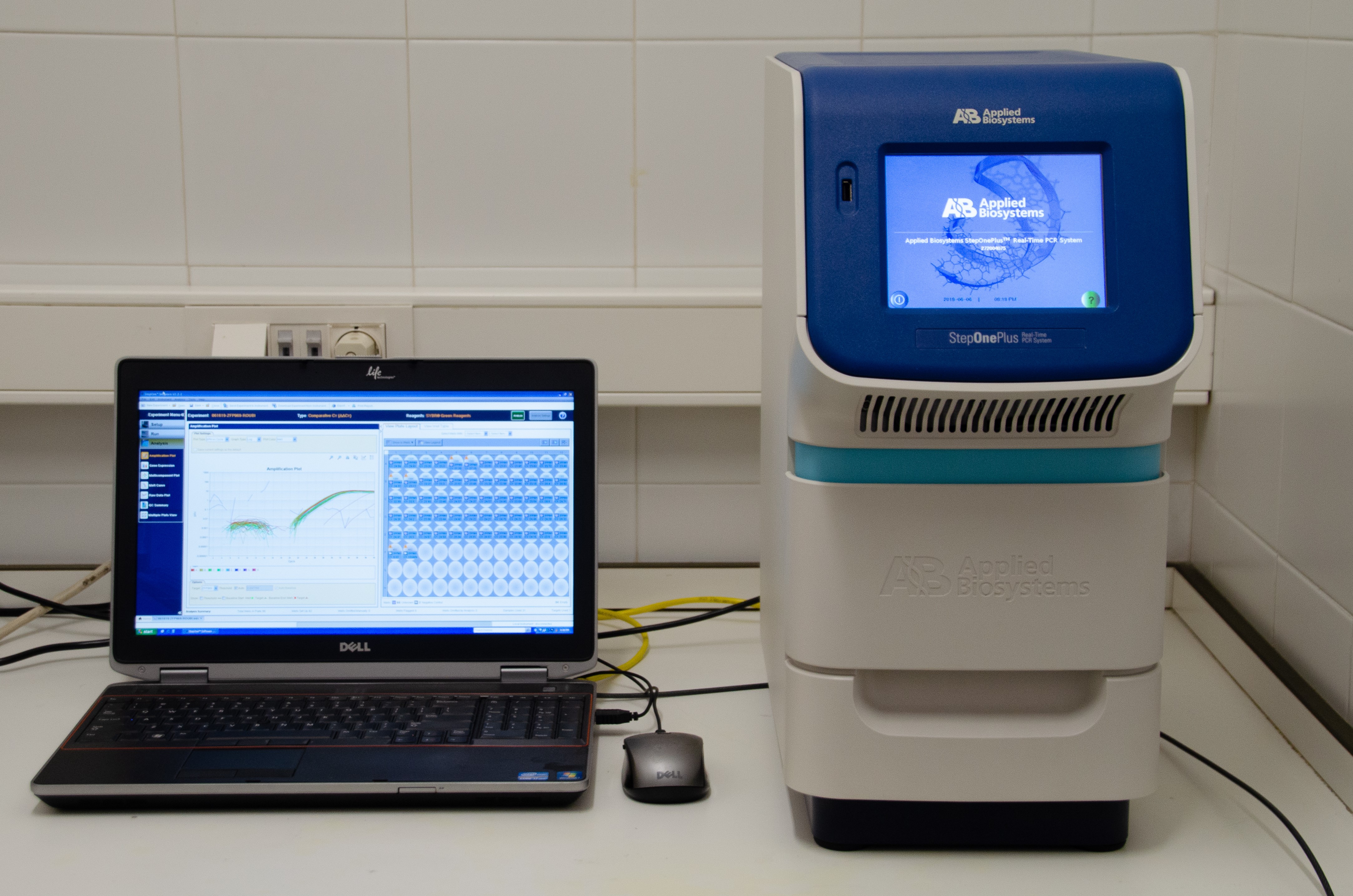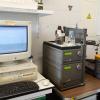- What is the IA2?
- Research and Transfer
- Services
- Press and dissemination
- Calls

Biochemistry Laboratory
Laboratory Manager
Dr. Jesús de la Osada García
Location
University of Zaragoza. Faculty of Veterinary Medicine. Central Building
Equipment
This laboratory provides scientific-technical support in the study of the components of the Mediterranean diet and its contribution to the prevention of certain diseases, focused on the investigation of the mechanisms involved in their development.
It currently focuses its activity on the characterization of the protective effect of various components of extra virgin olive oil (EVOO), in the context of a Mediterranean diet. It includes the study of the molecular mechanisms of the protective action of EVOO components, mainly squalene. On the other hand, it also includes the study of the mechanisms involved in pathologies, by means of specific tests in animal models from nature and generated by genetic engineering (mice lacking apolipoprotein E).
It should be noted that from this laboratory important research is being carried out in relation to the anti-atheratogenic and anti-steatosis potential of extra virgin olive oil, and its application in the prevention of the appearance of atherosclerosis and non-alcoholic fatty liver disease. Also in relation to the investigation of the antioxidant effect of squalene and its impact on intestinal pathologies such as inflammation and cancer.
The laboratory has the capacity to develop high-throughput proteomic and transcriptomic techniques: RNA and protein gene expression and gene expression control (in vivo and in vitro gene overexpression and gene inactivation by CRSPR). Also immunoassays, immunohistochemistry and Polymerase Chain Reaction, among others. A collection of antibodies generated by Phage-display is available.
Differentiated into a proteomics area and a molecular biology area, the laboratory has the following equipment:
- Thermal Cycler: S100™ Thermal Cycler. Bio-Rad
- Thermal Cycler: PTC-100™. MJ Research Inc.
- Electrophoresis sources: BR PowerPac™. Bio-Rad
- Electroporation System: Bio Rad Gene Pulser® II, with Capacitance Extender Plus and Pulse Controller Plus. Bio-Rad
- Real-time PCR: StepOnePlus™ / StepOne™ / StepOnePlus™. Applied Biosystems™
- Gel documentation system: Gel Doc™. Bio-Rad
- High-speed protein liquid chromatography (FPLC) system: AKTA FPLC System. Amershan Pharmacia Bioteck
- ELISA plate reader: SPECTROstar Nano. BMG Labtech
- ELISA plate reader: Fluostar Omega. BMG Labtech
- Ultracentrifuge: Optima™ TLX Ultracentrifuge (120,000 rpm). Beckman Coulter / RC-5B Plus (refrigerated). Sorvall / Sorvall™ Legend™ XT/XF. Thermo Fisher Scientific
- Sample evaporation system: Concentrator 5301. Eppendorf
- Large volume autoclaves: Raypa steam sterilizer and Pselecta.
- Freezers -70ºC and -20ºC.
- Ice machine
- Other standard laboratory equipment
The research activity of the group is complemented by that of the histology and anatomopathology and animal production laboratories.
In this last animal production laboratory, located at the Escuela Politécnica Superior de Huesca, the formulation and elaboration of experimental feeds for feeding mice, rats and pigs used in the group's experiments, or for other national or European research groups with which we collaborate on a regular basis, is carried out. In addition, this animal production laboratory also carries out precision analysis of squalene in biological samples generated by the group, as well as other types of chemical-analytical determinations.


